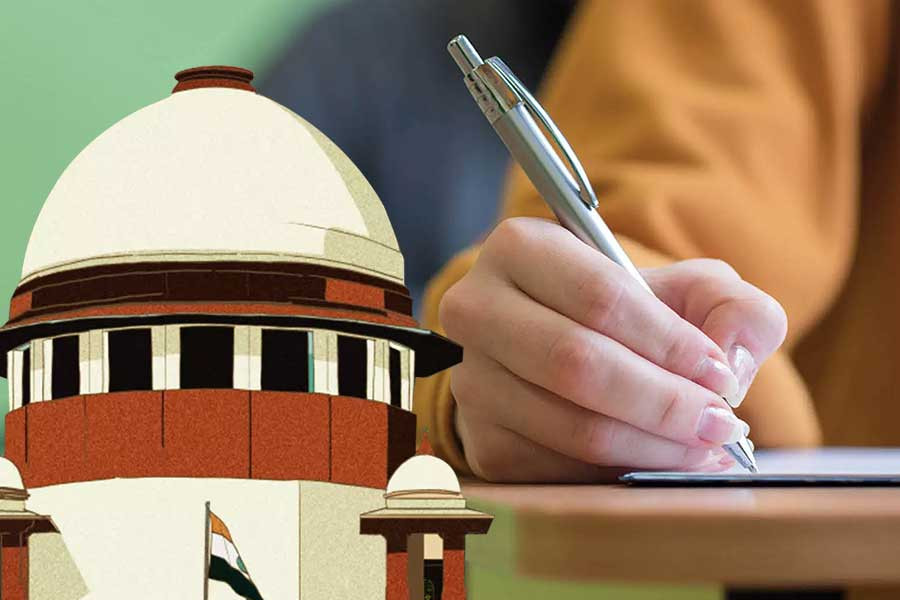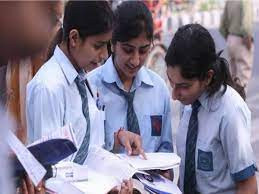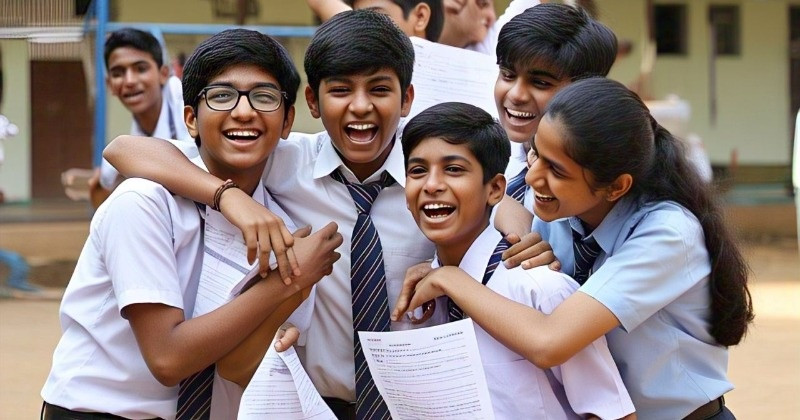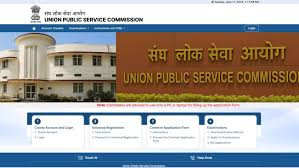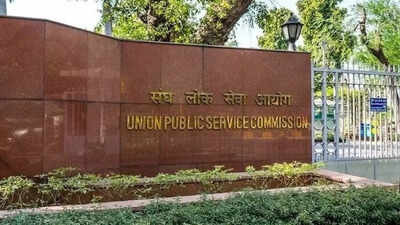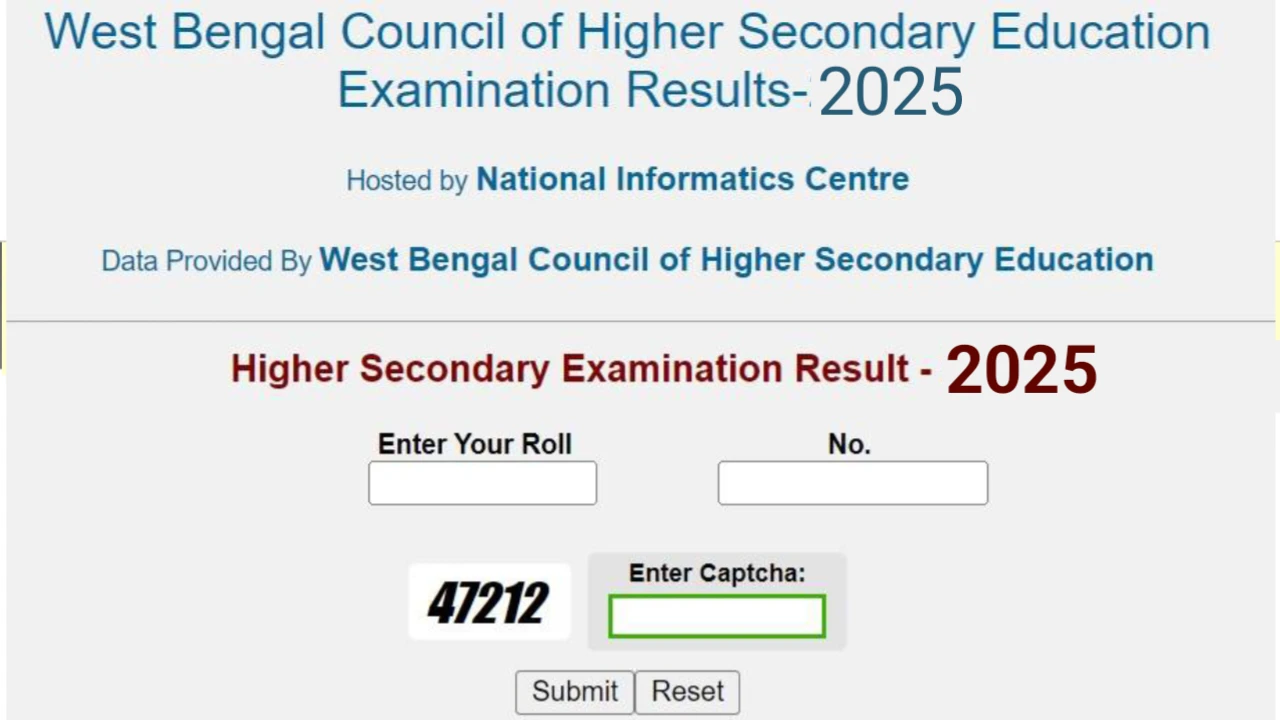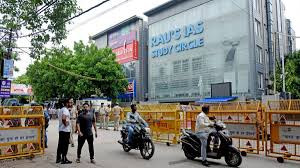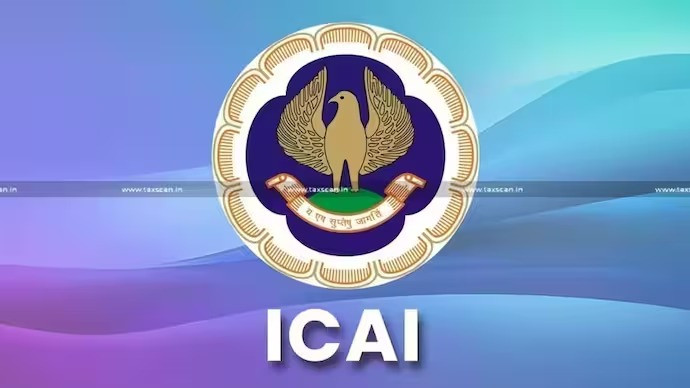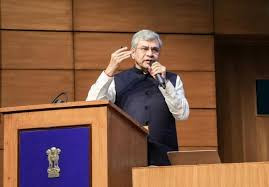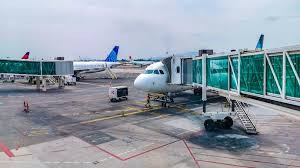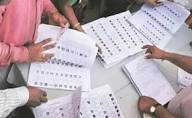Schools Reopen Across Kashmir After Summer Break, J&K Government Open to Modifying New Timings Amid Heat Concerns
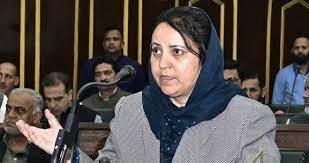
IIE DIGITAL DESK : Classrooms in Jammu and Kashmir’s Kashmir Valley reopened on Tuesday following a 15-day summer vacation that was cut short to ensure students could complete their syllabus ahead of November examinations. Education Minister Sakina Itoo announced the restart amid a recent bout of heavy rainfall, which provided temporary relief from a prolonged heatwave.
The revised schedule begins at 7:30 AM in municipal zones such as Srinagar and from 8 AM in rural schools outside those limits, with morning sessions concluding at 11:30 AM and 12 PM respectively. Students will then transition to online classes from home, concluding by 2 PM. According to Itoo, this hybrid model accommodates cooler morning hours while preserving adequate instructional time, though she emphasized the timing remains under review.
On opening day, many students eagerly headed back to school, taking advantage of the milder weather after overnight rain. Seventh-grader Ansha Bilal from central Kashmir reflected the positive atmosphere, noting, "The school started on a pleasant note. The weather was good and we also returned early as the schools closed before noon."
Minister Itoo underlined that while the shorter summer break would sacrifice some leisure time, the priority was ensuring curriculum completion before November’s critical assessments. With mid-July upon us and only two months remaining before the pre-winter examinations, she said the decision was essential for academic preparedness.
Despite its pragmatic intent, the move prompted objections from parents, political parties, and educators. Critics argue that the early start, especially during a severe heatwave, places undue stress on children—particularly those in schools lacking basic infrastructure like fans, shade, drinking water, or transport. The opposition People’s Democratic Party (PDP) described the reopening as "cruel," asserting that dragging children to school in intense heat disregards their wellbeing.
Parents emphasized the logistical challenges, especially for families whose children commute from distant areas. Many expressed concern that sudden shifts in timing were made without adequately consulting stakeholders. One local mother said, “These decisions seem to be made in AC rooms, without considering the real challenges faced by both faculty and students.”
Echoing this sentiment, educators and local groups, including the All J&K Lecturers Association, urged consideration of practical issues, especially in rural and hilly regions where transport and infrastructure remain fragile. They called for timing adjustments that consider geographic and climatic realities.
Minister Itoo stressed that the current schedule is provisional. She affirmed that feedback from parents and students would be seriously considered, and changes implemented if difficulties persist. “If we think that it needs further modification, we can do that. These new timings are not final,” she remarked during her visit to Kulgam, urging calm and assurance that concerns would be addressed.
Meteorologists have attributed the region’s record heat to diminished winter snowfall, unusually dry spring, and delayed monsoon currents in summer. The recent downpour offered temporary respite, but forecasters warn of continuing warmth, prompting calls for a flexible yet thoughtful academic schedule aligned with seasonal shifts. .
As Kashmir navigates this transition, the government finds itself balancing two crucial goals: safeguarding student health during extreme weather, and maintaining educational continuity ahead of formal exams. The coming days will reveal whether the provisional timings withstand public scrutiny—or are tweaked in response to community needs.
You might also like!


